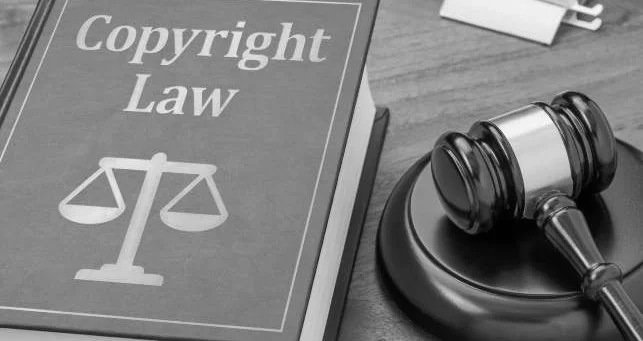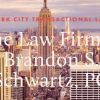- 01 - what-copyright-law-protects-and-why-it-matters
- 02 - how-to-register-a-copyright-in-the-us
- 03 - fair-use-vs-infringement-the-fine-line
- 04 - notable-us-copyright-cases-and-what-they-teach-us
- 05 - tips-for-creative-professionals-to-protect-work
- 06 - why-legal-guidance-matters-in-copyright-issues
1. What Copyright Law Protects and Why It Matters
U.S. copyright law grants legal rights to creators over their original works—whether it's writing, music, photography, software, or even architecture. These protections are automatic once a work is fixed in a tangible medium, but registration offers stronger enforcement power. Understanding what copyright protects helps prevent misuse, supports innovation, and gives creators control over how their work is used.
This isn’t just legal theory—it’s a practical shield for photographers, bloggers, coders, and musicians alike.
2. How to Register a Copyright in the U.S.
Although copyright exists from the moment of creation, formal registration with the U.S. Copyright Office provides several advantages. It’s a prerequisite to filing a lawsuit and opens the door to statutory damages and attorney’s fees in court.
To register, creators submit a copy of the work, complete an application, and pay a filing fee. The process can be handled online and takes about 3 to 12 months. For those unsure, firms like Fred Miller Lawyer can simplify the paperwork and make sure nothing falls through the cracks.
3. Fair Use vs. Infringement: The Fine Line
Fair use is a legal doctrine allowing limited use of copyrighted material without permission—for criticism, news, education, or parody. But what counts as "fair" can be murky. Courts consider four factors: purpose of use, nature of the work, amount used, and market impact.
Take the famous case of a YouTube reviewer who used brief film clips in commentary. It was ruled fair use. But a different case involving full music uploads resulted in a hefty penalty. The line is fine—and context matters. Understanding this difference is critical to avoid copyright infringement claims.
4. Notable U.S. Copyright Cases and What They Teach Us
Landmark copyright cases reveal the evolving nature of creative rights. The “Blurred Lines” lawsuit between Marvin Gaye’s estate and Pharrell Williams highlighted the blurred line (pun intended) between inspiration and infringement. The court found substantial similarity and awarded millions in damages.
In contrast, Andy Warhol’s Prince series—based on a photographer’s image—was ruled not fair use by the Supreme Court in 2023. These cases demonstrate how even big names can misjudge copyright law and why professional guidance is often necessary.
5. Tips for Creative Professionals to Protect Work
If you're a content creator, graphic designer, or software developer, protecting your intellectual property is non-negotiable. Start by adding copyright notices, maintaining evidence of creation dates, and registering key works. Avoid copying others—even unintentionally. Use licensing agreements when collaborating and seek legal review for usage terms.
Smart creators also keep detailed documentation of drafts and project milestones, ensuring they can prove ownership if disputes arise. Fred Miller Lawyer offers tailored legal services for creatives who need protection in this fast-moving digital world.
6. Why Legal Guidance Matters in Copyright Issues
Copyright law is nuanced. Misunderstandings can lead to lawsuits, takedown notices, or even damaged reputations. Legal professionals bridge that gap—reviewing contracts, guiding fair use decisions, and representing you if enforcement becomes necessary.
Whether you're protecting a blog, YouTube channel, software project, or artistic portfolio, expert advice ensures you stay compliant while preserving your rights. To navigate U.S. copyright law effectively, visit Fred Miller Lawyer—your trusted source for copyright guidance, protection, and peace of mind.


 ron shook
ron shook 12110 sunset hills rd reston va 20190
12110 sunset hills rd reston va 20190 law offices of john c ye photos
law offices of john c ye photos alan ripka attorney
alan ripka attorney brandon schwartz lawyer
brandon schwartz lawyer paz law firm
paz law firm